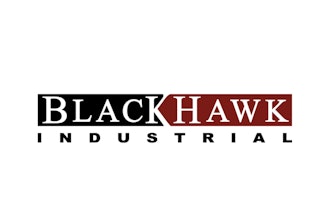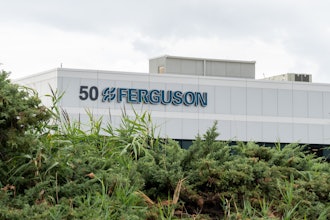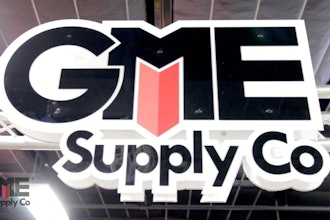DETROIT (AP) -- General Motors Co. told investors early Friday that it plans to reduce capital spending by $1 billion as it heads toward an initial public offering of its stock.
The company also said in a regulatory filing that it will use $2.1 billion in cash from the sale of new preferred stock to repay part of the roughly $50 billion in taxpayer funds that the government spent to bail the company out of financial troubles last year.
GM is expected to hold its IPO in mid-November. It will not sell any common stock, but plans to sell an unspecified number of preferred shares. Proceeds also will be used to pay down debt and make contributions to the company's pension plans, which are currently underfunded.
No date for the sale nor expected share prices were disclosed in the filing.
The capital reduction, to $12 billion from $13 billion, could be the result of delaying some spending until 2011. The company did not say anything in the filing about any impact on vehicle research and development.
A GM spokeswoman said she could not comment on the latest filing.
GM announced on Thursday that it plans to cut debt and pension obligations by $11 billion. The moves are aimed at making the automaker's balance sheet look more attractive to potential investors who might buy GM stock. When all of the debt reductions are complete, GM will save about $500 million in interest and dividend payments each year.The debt repayment is a huge milestone in GM's comeback from a financial calamity that began in 2008 after years of billion-dollar losses. The auto giant, once a symbol of American industrial might, nearly ran out of money and required bankruptcy protection and a huge government bailout to stay in business. Thursday's plan was another sign that GM is rebuilding itself and wants to cut ties with the government, its largest shareholder.
Under the plan, GM will buy 84 million shares of its preferred stock from the government for $2.1 billion. The preferred shares were issued as partial payment for the nearly $50 billion the government gave the company to survive bankruptcy protection last year. When the payment is made after the IPO, GM's total repayment to the government will reach $9.5 billion.
In addition, GM said it will pay $2.8 billion to a United Auto Workers health care trust. The company also plans to put $6 billion in stock and cash toward its pension plans, which are underfunded by roughly $27 billion. GM will fund those moves with its stockpile of cash, which now totals about $24 billion.
U.S. taxpayers still hold a 61 percent stake in GM in the form of common stock. The government is hoping to recoup its remaining investment, about $40 billion, by selling common stock in the IPO and in several follow-up sales that could take years.
GM CEO Dan Akerson told employees at an assembly plant in Lansing, Mich., on Thursday that the company wants the government to get its money back."Over the coming months you'll see that GM is, indeed, a resurgent company," he said.
GM needs potential IPO investors to agree. Its asking them to weigh a troubled past, including four CEOs in 18 months, against strengths such as a strong presence in China, the world's largest car market.
It also hopes they'll focus on the company's recovery. In a 40-day bankruptcy that ended in July of 2009, GM shed money-losing assets and slashed its debt from $104 billion to $8 billion. Its vehicles, especially new models such as the Chevrolet Equinox crossover and Buick LaCrosse sedan, are beginning to sell and be recognized for quality.
The improved cars and lower costs helped GM earn $2.2 billion and rebuild its cash supply in the first half of this year. It has hinted that the third quarter will be profitable when results are released early next month.
The payment to the retiree health care trust will save GM about $1.4 billion in payments that it would have made through 2017. The trust still holds GM preferred shares and 17.5 percent of GM's common shares.


















